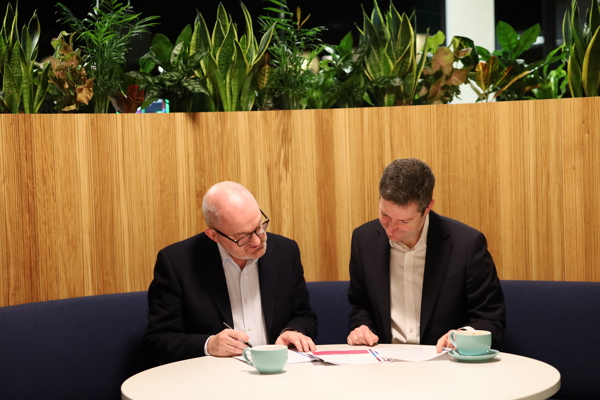The first appellant had its licence to operate public service vehicles revoked as it no longer met the good repute, financial standing and professional competence requirement in Public Passenger and Vehicles Act 1981. The second appellant, a director of the first, was found not to be of good repute. The Traffic Commissioner disqualified both appellants from obtaining (or being involved with an entity that held) an operator's licence for ten years. Each appealed to the Upper Tribunal against the findings and the period of disqualification. They did not succeed with any aspect of their appeals before the Upper Tribunal. They were both eventually granted permission by the Court of Appeal for an appeal against the length of the ten year period of disqualification only.
The Upper Tribunal had noted that the relevant Statutory Guidance suggested a range of 5-10 years disqualification for severe conduct causing loss of good repute which included conduct (i) designed to strike at the relationship of trust between the Traffic Commissioner and operators and (ii) intended to mislead them. It agreed that the Traffic Commissioner's findings of fact justified the director's conduct as being classed as severe. It also rejected the appellant's argument that, as a general rule, the period of disqualification should be closely linked to the period of rehabilitation for a criminal offence derived from the Rehabilitation of Offenders Act 1974. Instead, it commented that the rehabilitation period could only be a helpful guide in cases where loss of good repute automatically followed a criminal conviction. In the present case, the director was found to not be of good repute for a number of reasons of which only some were a criminal conviction.
Counsel for the appellants argued that the period of disqualification was manifestly excessive and should have been no longer than five years. He contended that there was an inadequate explanation as to why ten years, which was at the top of the range for severe conduct in the Statutory Guidance, was selected as the period of disqualification. He also argued an overemphasis on deterrence had resulted in the disqualification.
The Court of Appeal refused the appeal. It held there was a need to deter the industry from the type of deceptive behaviour that the Traffic Commissioner decided the director had engaged in, and there had been no error in fixing the 10 year disqualification period which would justify interference in what was a second appeal. In reaching this decision, the Court accepted the submission made on the Secretary of State's behalf that special respect needs to be given to the decision of expert decision-makers like the Upper Tribunal.
The Court of Appeal also rejected the suggestion that it should give guidance on the principles to be applied when a period of disqualification is being considered, as the statutory power to give guidance on such matters is conferred on the Senior Traffic Commissioner alone.
This decision confirms that the appellate courts will be slow to interfere with decisions made by the Traffic Commissioner which have been upheld by the Upper Tribunal. This is not surprising given the expertise in transport matters which both possess.
Ewan McGillivray, who has appeared for clients before the Traffic Commissioner on a number of occasions, will be pleased to assist if you would like to know more. His contact details are as follows - 0131 247 1029; ewan.mcgillivray@morton-fraser.com


